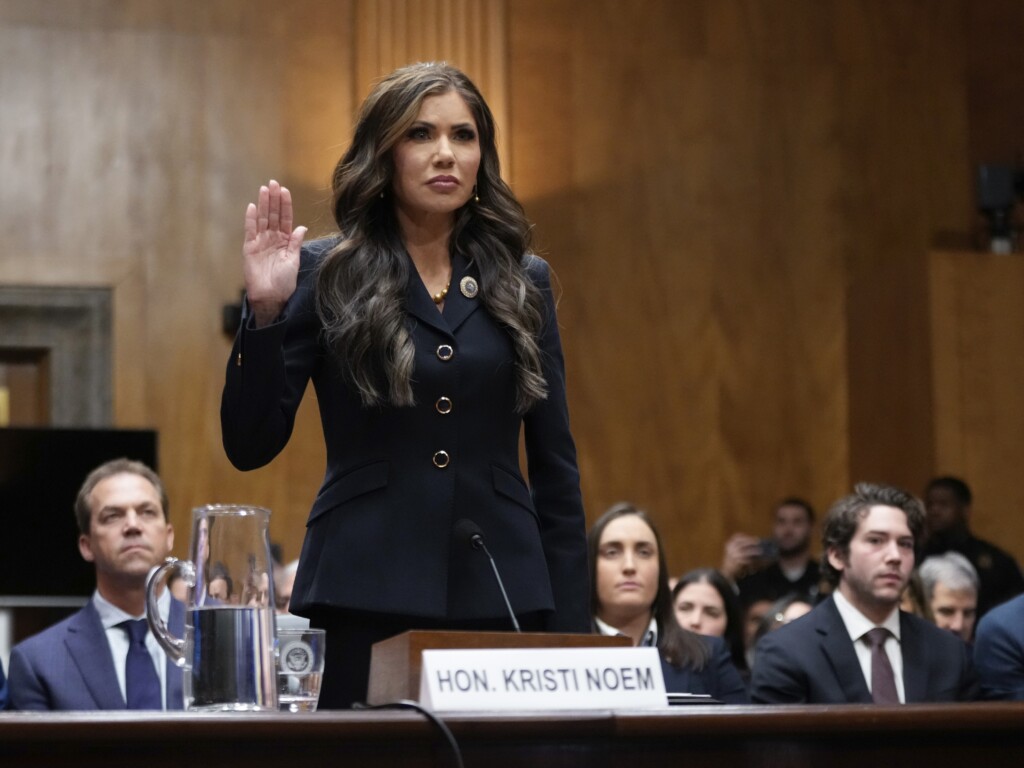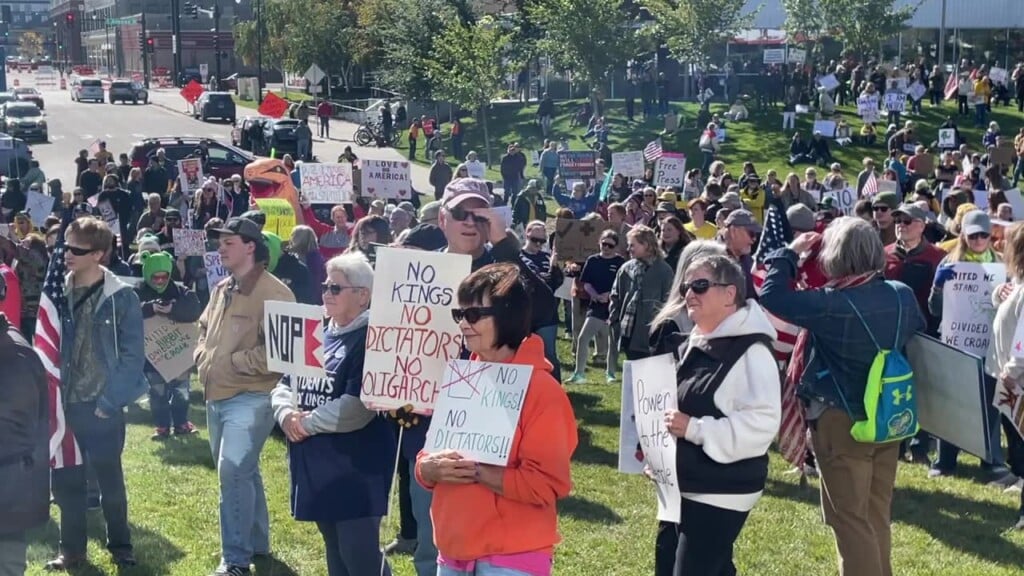Gov. Doug Burgum Declares Statewide Flood Emergency
This paves the way for federal money to trickle into the state and help those struggling
FARGO & GRAND FORKS, N.D. — They say too much of a good thing is never good, and North Dakota growers can attest to that.
Although the rain is usually one of the farmer’s greatest assets, Beau Bateman says this unusually wet fall has made things challenging.
“In 125 years, this is the wettest it’s ever been this late, and to have it concentrated in a short amount of time is what’s really damaging to us. Our soils hold water and they may release them at about a third of an inch a day relative to the precipitation that moves through the soil, and so all these combined to push back the harvest in North Dakota that right now is, gosh, almost 40 percent of the state’s income is still sitting out here in mud,” said Bateman.
That’s about $2 billion worth of soybeans and other commodities throughout North Dakota and Minnesota sitting in water.
“If the growers don’t get 40 percent of the crop in, that’s what it’s taking to get to break even point. So, if it’s below 40 percent harvested, then farmers are paying Crystal Sugar a check, instead of the other way around in the way the co–op works — that’s never happened before,” said Gov. Burgum.
His executive order would allow funds from the WHIP+ program to assist farmers, based on their insurance coverage and size of loss.
It would also include public assistance for emergency work and repairing or replacing damaged roads.
“That’s probably one of the greatest amount of frustrations I hear from a lot of farmers is I can’t get out there because the roads are bad, they’re underwater, maybe they’re flooded, maybe the road washed out or maybe if I get to the field, I can’t drive in the field, much less harvest a crop in water,” said Agriculture Commissioner Doug Goehring.
Despite the difficulties, Bateman says rallying behind one another is simply what Midwesterners do.
“Certainly, when you live in these kinds of climates that are so severe in the winter time, you tend to bind together and share the severity as a badge of honor, and you want to stay,” said Bateman.
Gov. Burgum and Agriculture Commissioner Goehring held public listening sessions in Fargo, Grand Forks, Jamestown and Fessenden.






